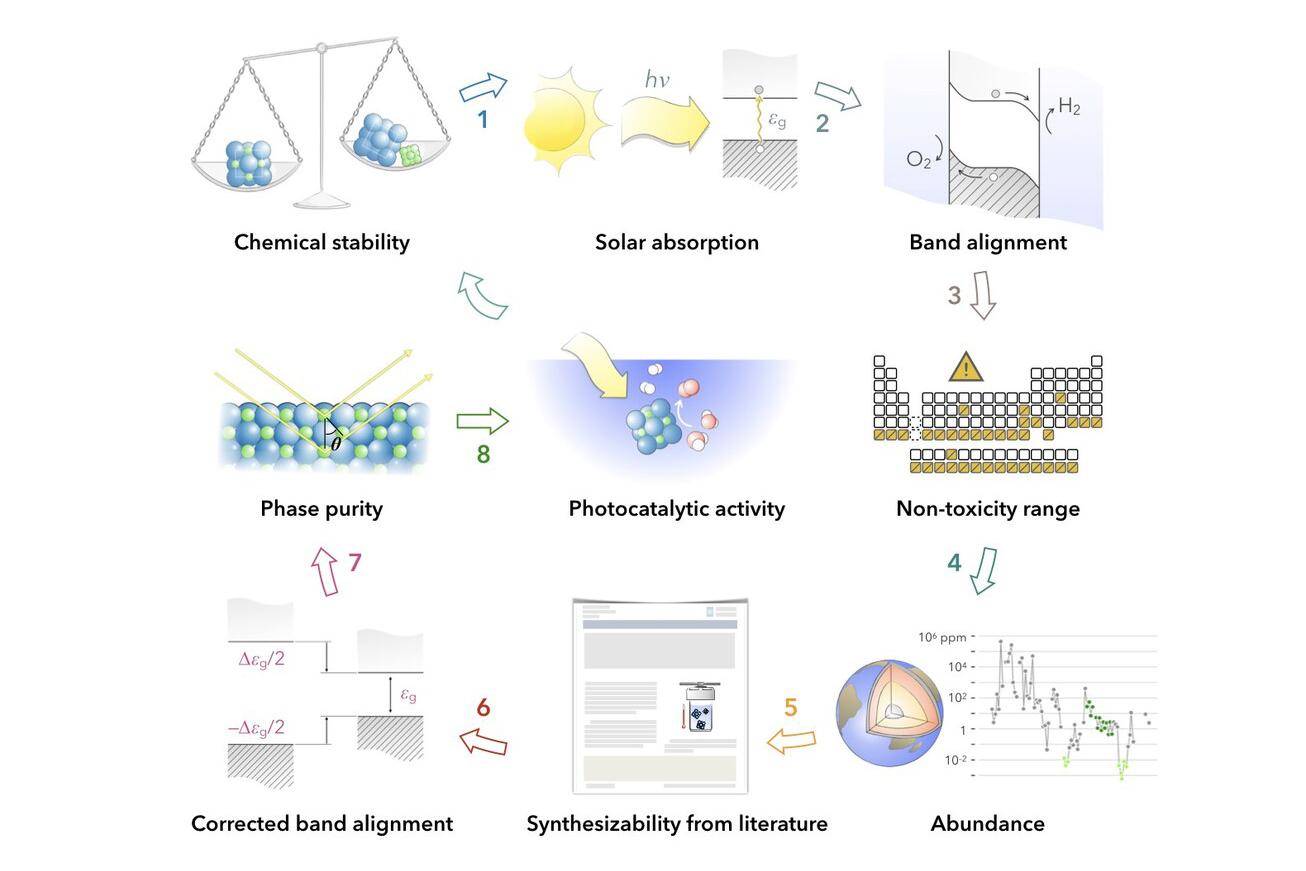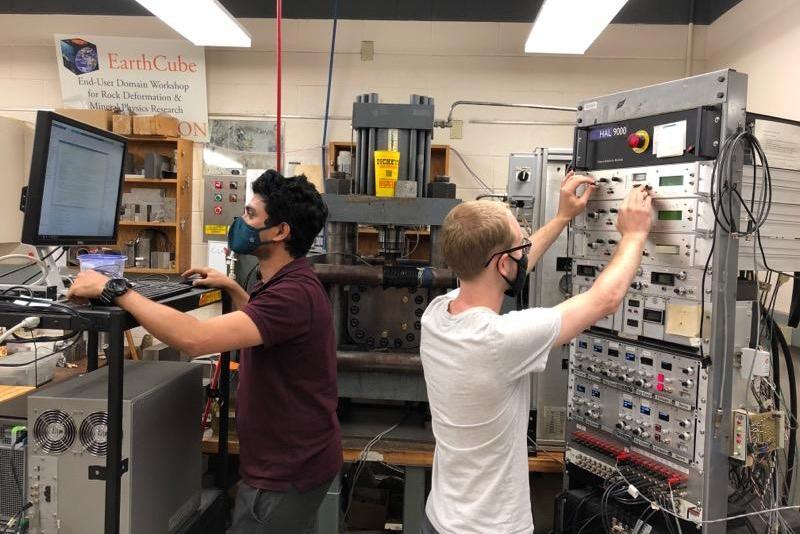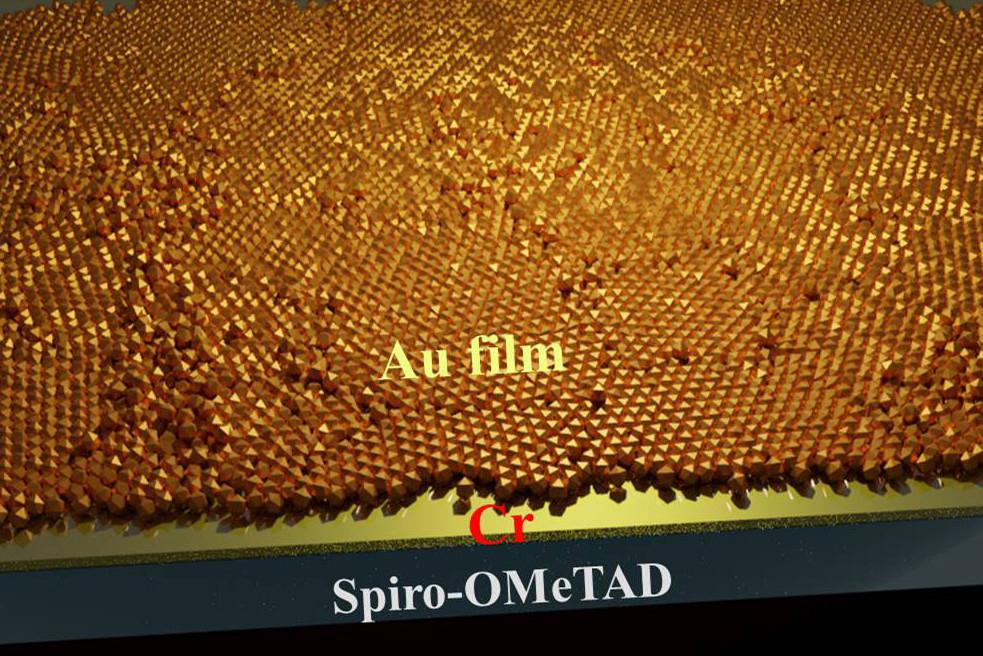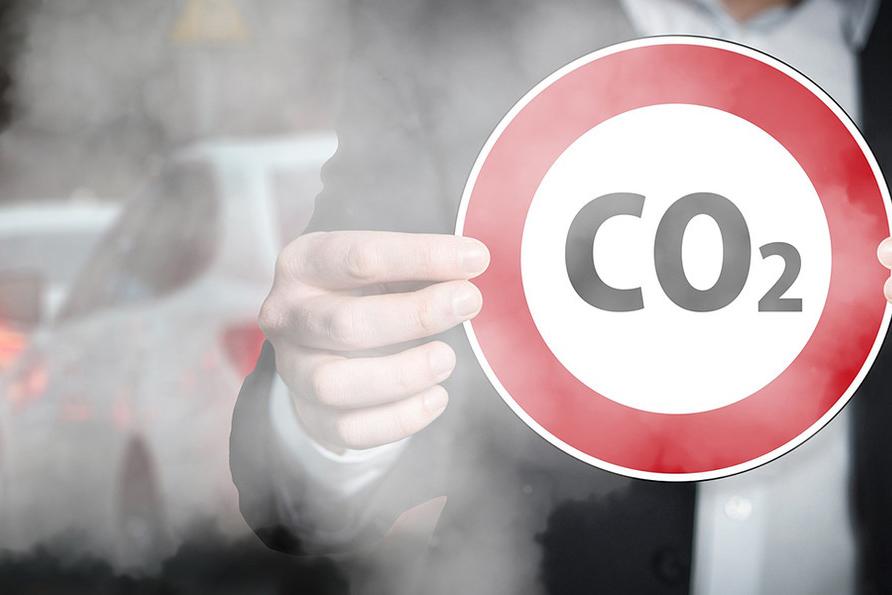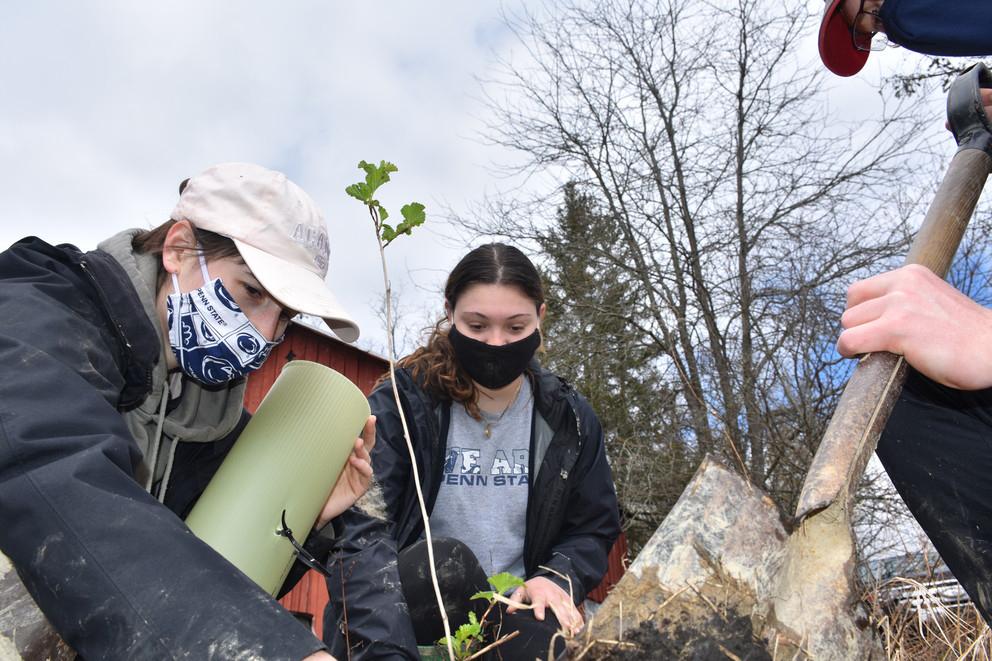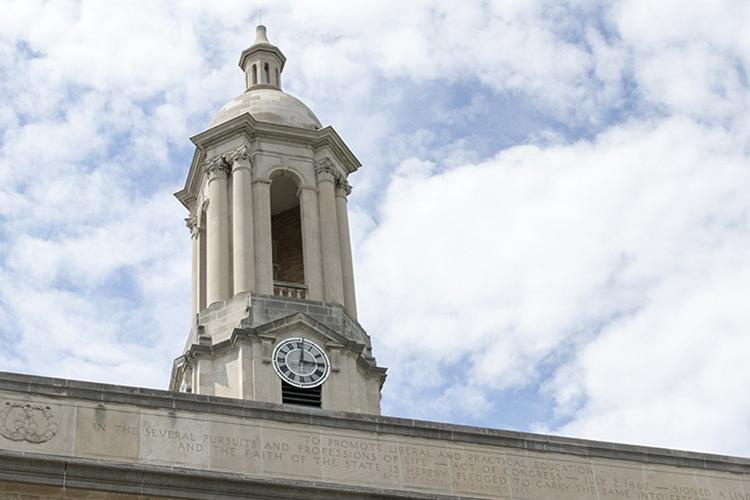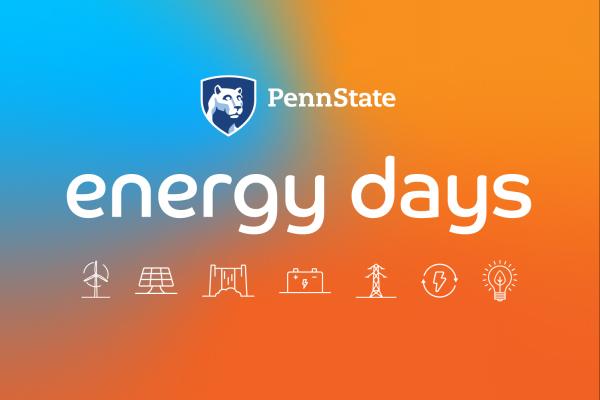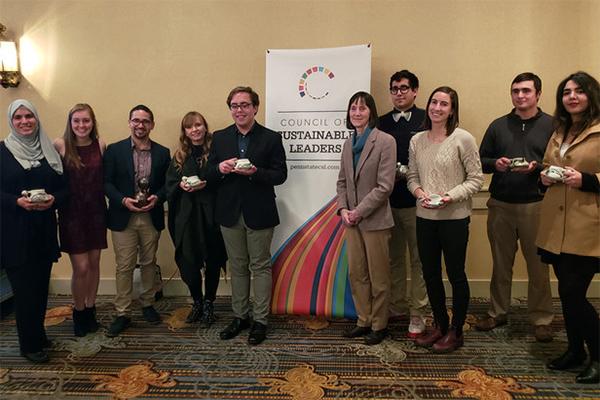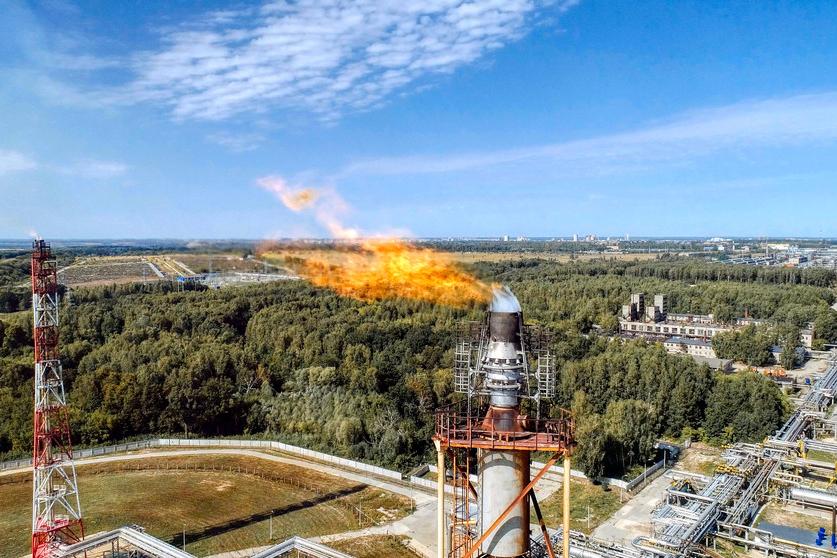Sustainability is a strategic initiative in the College of Earth and Mineral Sciences. Below are the most current stories showcasing our college's sustainability efforts.
Using solar energy to inexpensively harvest hydrogen from water could help replace carbon-based fuel sources and shrink the world’s carbon footprint.
Despite the devastating impact the emrald ash borer has had on forests in the eastern and midwestern parts of the U.S., climate change will have a much larger and widespread impact on these landscapes through the end of the century, according to researchers.
Penn State scientists are working to predict possible breaks in massve underground reservoirs that store geothermal energy and how to mitigate the potential fallout.
Developing new ultrathin metal electrodes has allowed researchers to create semitransparent perovskite solar cells that are highly efficient and can be coupled with traditional silicon cells to greatly boost the performance of both devices, said an international team of scientists.
Increasingly aggressive strategies are needed to reduce current and future carbon emissions and proactively remove carbon-based heat-trapping gasses that have been emitted to date. A panel of experts will discuss this topic during the webinar “Getting to negative: strategies, ethics and co-benefits.”
With a sled full of wooden stakes, green tree shelters and saplings in tow, Tim White made his way across acres of mud and grass and at times ankle-deep water to a three-person team planting saplings along a trench.
In 2020, Penn State and the University of Freiburg launched a pilot program to create collaborative, integrated virtual classroom courses by providing development and implementation money to faculty teams.
Energy Days, an annual conference that brings together professionals working in all areas of energy, will be held on May 19 and 20. This year’s event will be virtual, and it is free and open to the public.
This month, Penn State's Sustainability Institute (SI) and the Student Sustainability Advisory Council (SSAC) honored six Penn State students for their leadership and commitment to sustainability throughout their time at Penn State.
The social cost of methane — a greenhouse gas that is 30 times as potent as carbon dioxide in its ability to trap heat — varies by as much as an order of magnitude between industrialized and developing regions of the world, according to researchers from Lawrence Berkeley National Laboratory (Berkeley Lab), UC Berkeley and Penn State.


